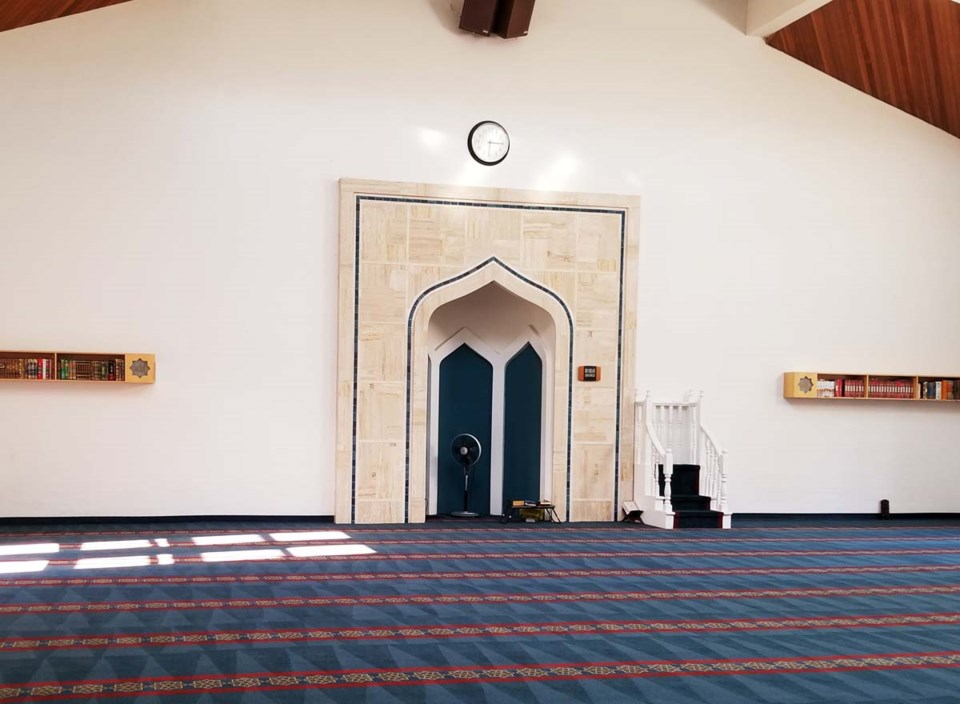Dear Editor,
Monday, May 6 marked the beginning of Ramadan, a month of sunrise-to-sunset fasting for nearly 1.6 billion Muslims across the world starting in 624 AD.
But what exactly is Ramadan?
Ramadan is the holiest month of the year within Islam, and the month in which the Quran was revealed to the prophet Muhammad. In this month, the gates to heaven are believed to be open and the gates to hell closed.
For Muslims, Ramadan is a holy month dedicated to prayer, Quran recitation, introspection and fasting during the sunlight hours. But the Arabic word for fasting (sawm) doesn’t only refer to abstaining from food or drink. It translates literally to “refrain,” and encompasses abstinence from food, drink, having sex, and all evil thoughts and deeds in the interest of self-purification. Meals are served in the early hours before dawn (called Suhoor) and break the daily fast with an evening meal called Iftar, often beginning with a few sips of water or something sweet, like some dates.
Ramadan is a joyous month of spiritual growth and late night family meals. It ends with a three-day festival called Eid ul-Fitr. The spiritual purpose of fasting is the surrender, the submission to a higher authority, which is the creator. It allows worshippers to concentrate their minds on devotion to their faith through prayers, expressing gratitude, seeking forgiveness and helping the needy. People raise money and donate supplies to help others in need. And many fast to remind themselves about those in the world who don’t have enough to eat.
Fasting isn’t an absolute requirement for everyone. Children generally don’t participate until they hit puberty, and there are exemptions for people who are unable to fast due to illness, age or pregnancy.
Not eating is central because, as human beings, how many times do we aim our hands toward our mouth? Many. It’s the physical body we are feeding all day, but by abstaining from eating we are paying attention to the pains of hunger and thirst, and that makes you aware of those who don’t get to break their fast because they’re hungry all the time. It makes us very grateful for what we do have.
How can non-Muslims be considerate of their Muslims friends and colleagues during the next four weeks? For the non-Muslim who is aware, it would be helpful not to put too much emphasis on the fact that the Muslim is fasting. If you know someone who is fasting, just be considerate. But the onus is on the believer.
Mahmood Awan
RICHMOND



